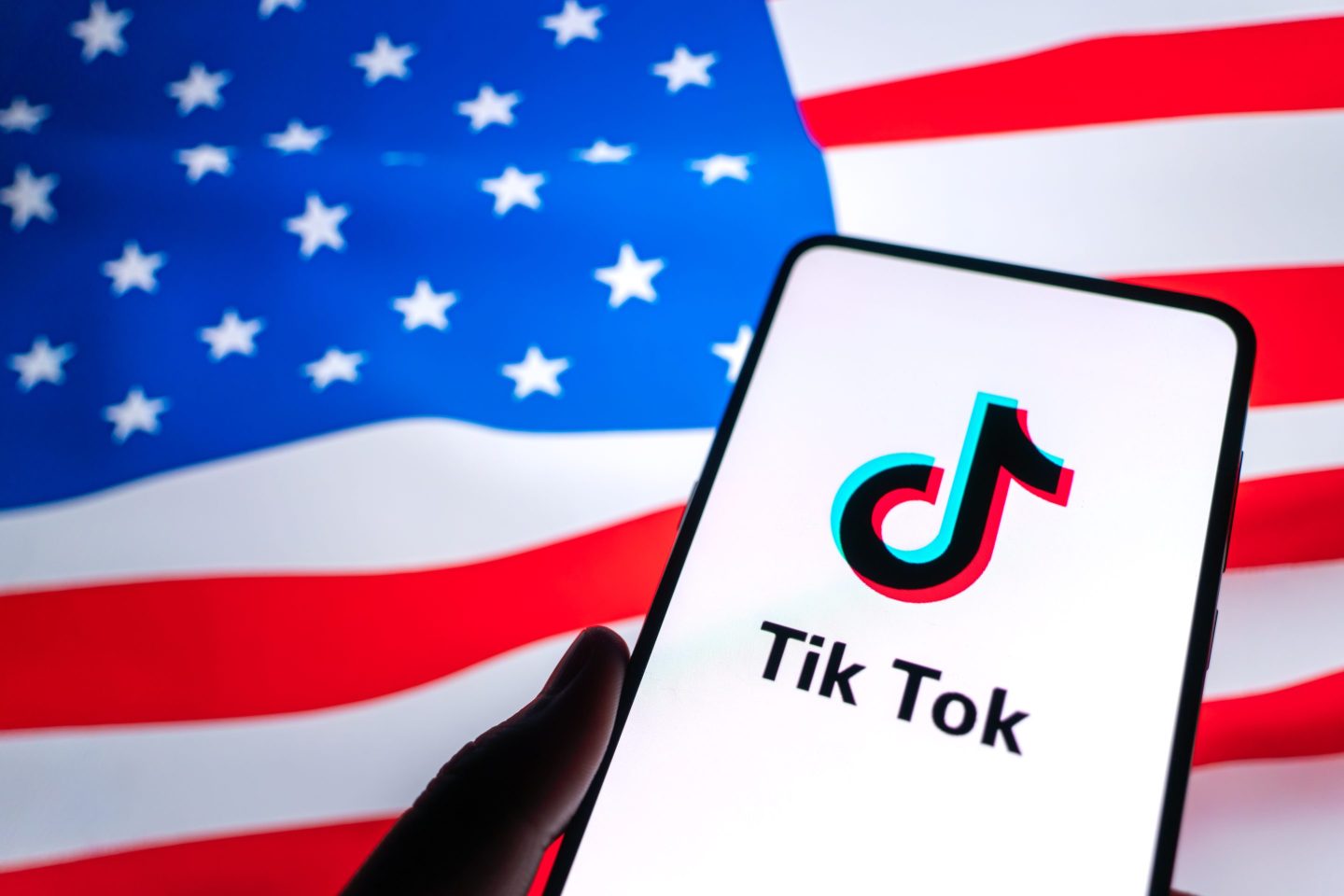Monday was not been a good time to be a PlayStation Network user—particularly one who only has downloaded versions of the games they play.
As recounted in multiple panicked Reddit threads and I-Can’t-Believe-It’s-Not-Twitter posts, Sony’s gaming network yesterday hit many PSN users with permanent suspension notices, for no apparent reason. Many people were able to log in again after several hours, though it seems some were shut out for longer.
Frustratingly for those affected, Sony did not explain what was behind the incident; at the time of publication, the company still hasn’t even publicly acknowledged it. But whatever the cause, the snafu got a lot of PS4 and PS5 users discussing the downsides of going digital-only. As one Reddit user put it: “That’s why I always buy disc. Once something happens to your PSN account, all of that money is gone.”
Now, obviously, physical media have their downsides too, as anyone who’s ever sworn at a janky CD or DVD player will attest—amusingly, the most recent X post from the official PlayStation North America support account is about PS5 disc troubleshooting, rather than yesterday’s disc-free disaster. Discs can get scratched and they can rot. Downloading or streaming content is far more convenient, especially when you’re on the move.
But taking the digital-only route means giving up control over the stuff you’ve bought—you generally can’t resell it and, if it requires a network’s nod to function, you’re dependent on a service provider for continuous access.
I’ve had a couple of annoying encounters with this phenomenon recently, in the musical realm. On one occasion, I had the urge to listen to one of my favorite German bands, Grossstadtgeflüster (“Big City Whisper”) on Spotify, only to discover that their second and arguably best album is missing from their catalog there. On another, I remembered the existence of an album by an Australian indie band that I listened to back in the ’90s—Frente’s Shape—but found that the version on Spotify contains different edits of some of my favorite tracks, thus leaving my nostalgia thirst only partially quenched.
Luckily, I have both those albums in my CD collection, which has been sitting in boxes for the last decade or so. I don’t have a CD player anymore—but I did rip my collection before putting it into storage, so the music isn’t lost to me. And one day, if I ever become a proper old crank who only listens to the music of his youth, I may even be able to stop paying streaming subscription fees. Now that’s convenience.
More news below.
David Meyer
Want to send thoughts or suggestions to Data Sheet? Drop a line here.
NEWSWORTHY
SIGNIFICANT FIGURES
5%
—The proportion of Twilio employees being laid off in the latest round of tech job cuts to be announced. That’s 295 people. The cloud communications provider already sacked 17% of its staff earlier this year.
IN CASE YOU MISSED IT
IBM, Meta and more than 50 others launch alliance to challenge dominant AI players, by Ben Weiss
Deepfakes are another front in the Israel-Hamas war that risk unleashing even more violence and confusion in the future: ‘This is moving incredibly fast’, by Vivienne Walt
Nvidia is promising to help Japan get the AI chips it needs with a whole network of new plants, by Lionel Lim
Andreessen Horowitz is adding major California pension funds to its LP base for the first time, records show, by Jessica Mathews
A new tool supported by OpenAI’s Sam Altman will help parents access paid leave, by Emma Hinchliffe
Hacker stole data of 6.9 million 23andMe customers and then put it up for sale online, by Bloomberg
Spotify cancels 2 high-profile podcasts, adding to a list of cutbacks that also includes its third round of job cuts this year, by Bloomberg
BEFORE YOU GO
New AI applications. The Guardian reports on two innovative uses for AI. The first is a machine-learning tool that makes it possible to tell when wine sellers are passing off cheap plonk as something valuable, by drawing on gas chromatography to identify a chemical signature for each estate’s wine. “There is a chemical signature specific to each chateaux, independent of vintage,” said University of Geneva professor Alexandre Pouget. “It’s the overall pattern of concentrations of many, many molecules that distinguishes a chateaux. Each is a symphony: there isn’t a single note that distinguishes them, it’s the whole melody.”
Somewhat more importantly, Glasgow University researchers have developed a laser camera that monitors someone’s heartbeat from a distance, without the need for a stethoscope. In this case, AI is used to filter out other, stronger vibrations that the laser also encounters, such as those from breathing. Hats off to the team for the name of the startup they’ve formed to commercialize the technique: LightHearted AI.
This is the web version of Data Sheet, a daily newsletter on the business of tech. Sign up to get it delivered free to your inbox.












